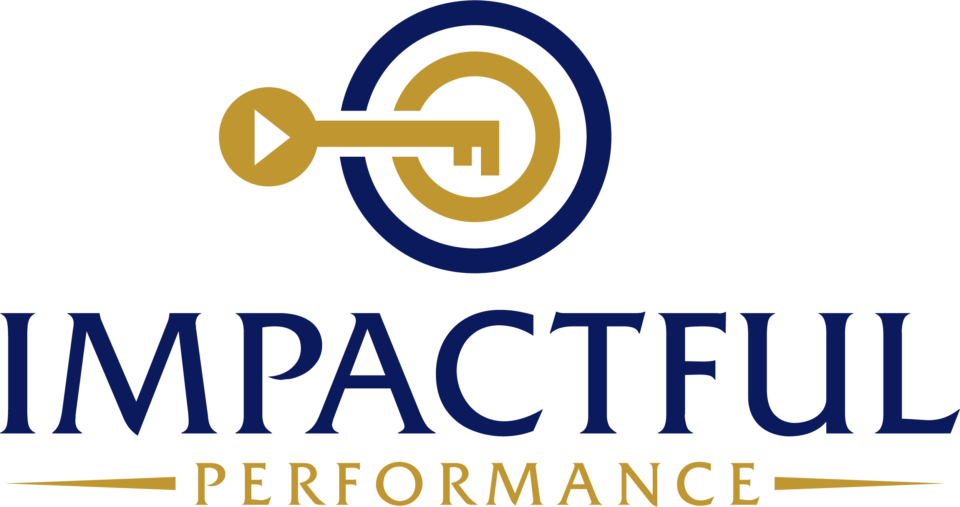Does this sound familiar?
You’re a committed leader who likes to take ownership of your job and take care of your team. You’ve been dedicated and sacrificed so much for your company and employees.
However, you can’t seem to turn it off after you leave for the day. You are such a conscientious worker that you’re always filled with anxiety, feeling you aren’t doing enough and you need to be more productive and efficient to get better performance out of your team.
You switched companies because you thought it was the previous job’s demands and expectations that were out of control, but every time you go to a new company it’s the same poor work-life balance.
You feel like you are always just surviving and not thriving. Having a good work-life balance seems unattainable.
Maybe you are passionate about being a great leader, so you have no desire to switch it off at the end of the day. But for many, their job is not fulfilling and they still tie their identity to their job or just need it to pay the bills.
You Don’t Have to Live This Way
Have you noticed how a lot of older leaders are not as stressed? It’s because many of them have hit a point where they have learned their job is not their identity anymore and they aren’t looking for their job to be their ultimate source of identify and satisfaction.
They turn inwards for their wellbeing and are not as externally focused on things that cause them stress. Too many times people equate their overall health and wellness to how they are doing as a leader and employee. I know I did!
But how can you gain this perspective now?
The key is to draft this mindset early, which is way easier said than done. You could have told me to change my perspective and mindset a thousand times when I was younger, and I would have said…you are right, but I just can’t get out of my own head.
One of my mentors used to call it living in the ‘horror theater of the mind’. He would ask me “what is the worst that can happen if you lose your job”? I would always respond with a host of awful scenarios.
If I don’t constantly worry about my job and obsess 24/7, I may lose that job. Maybe I can’t find another job, people might think less of me…etc.
Well, a funny thing happened in my career. I did lose jobs. I did have to find new work. But guess what…I survived. So, what’s my point?
When one steps away from the ‘horror theater of the mind’, you realize that your present job is just part of your overall career and life journey. It’s not the end-all be-all, although people always feel like it is.
The younger generation understands that and values career satisfaction and work-life balance more than previous generations. Probably because they saw their parents sacrificing so much and heard too many stories from their parents about their brutal jobs.
And now employees of all generations have realized, since the pandemic, that life is too short. As a result, they are retiring earlier or switching jobs and/or career paths.
Quite honestly there is no better time for workers to find work that is more satisfying and/or gives them a better quality of life. Work-life balance can no longer be discouraged by the old guard or they won’t be able to keep workers.
Companies are trying to improve the health and wellness of their employees and are encouraging work-life balance. It’s not expected that you kill yourself for your job anymore. You can shut it off at the end of the day and still succeed. Take advantage of these times!
Steps You Can Take to Improve Your Work-Life Balance
You need to make a concerted effort to move to a more intentional approach to your day and reduce the reactive way of working that you have been stuck in for too long!
How do you take a more intentional approach to your workday? Control what you can control and let the rest go:
- Time Management:
- Start earlier and finish earlier
- Remove time wasters each day
- Put more planning into your work week:
- Schedule a To-Do list weekly and get your to-dos done by Friday at 12:00
- Schedule creative, strategic time to enable intentional thinking
- Focus on some small things you can change, so you can definitely accomplish them and feel better about your work
- Work on your EQ (Emotional Quotient):
- Monitor your reactions and emotions so you start and end the day more calmly
- Monitor your energy sappers and energy lifters each day
- Adjust your perspective:
- You will be okay if your work is not perfect
- You internally control what your wellbeing is…not based on external sources
- Recharging & recovering will actually improve your work, thinking about work 24/7, negatively impacts your work
- Set boundaries/parameters:
- Don’t make yourself available at all times of the day
- Don’t be afraid to tell your boss you are maxed out and need to delegate
- When accepting project responsibility, ensure you have the tools and support you need to do the work in reasonable work hours
- Find ways to relax yourself, quiet your mind and your body:
- Meditate to declutter your mind and calm your system. The worst thing you can try to do to calm your mind is to obsess about calming your mind
- Workout to burn off stress, increase your oxygen intake and get natural highs. This calms your nervous system and stimulates your thinking and creativity
- Find a hobby, activity, club etc to use your mind in a totally different way. You need to balance out what occupies your mind space
- Aside from calming your mind, you need to occupy your mind with fun and satisfying things to balance out your what you use your mind for everyday
- Get help and support:
- You need to socialize and not isolate so yourself in your work and life, so can feel positive support and perspective on a consistent basis
- Use the expertise and experience of others who can provide you with the tools and guidance for building a good work-life balance
- Give yourself wins and celebrate them each week, instead of scolding yourself for not getting enough done
Greater work-life balance is not always a product of having the right job. It’s about taking an intentional approach to creating that balance and not letting yourself constantly work and live reactively. It’s absolutely possible to create a way to thrive in your work and not just survive!



